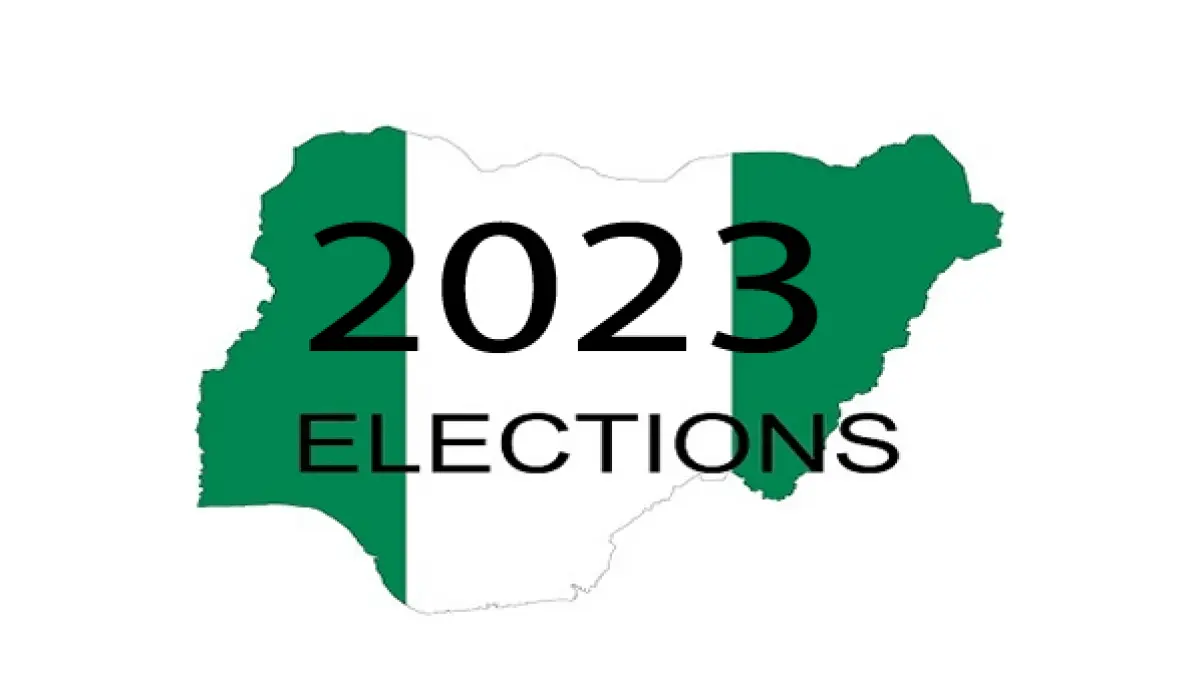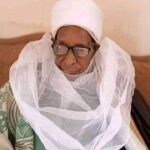Religion has always been a touchy subject in Nigeria, where it is deeply ingrained in the society’s fabric. It is not surprising that politicians use it as a tool to polarise voters. The recent general election was no exception. Candidates used religion to garner support, even though it is against the law. It is essential to reflect on the socioeconomic impact of using religion to polarise voters.
Peter Obi called Pastor Oyedepo to ask his congregation to vote for him as president, claiming that the election was a religious war. He knows that such a campaign blatantly violates the 2022 Electoral Act, which prohibits using religion for campaign.
The leaked audio is the second confirmation after the video leak of his speech saying, Church, take back your country. Such political rhetoric should never come from any well-meaning citizen, especially someone aspiring to lead Nigeria.
Obi’s provocation was meant to respond to Tinubu’s Muslim-Muslim presidency. However, history has shown us it is not unusual to have a same-faith ticket, even though many of us frown against it. Prominent politicians and founding fathers like Awolowo, Azikiwe, and Abiola had the same-faith ticket when they contested for president. None of them mentioned religion as a justification for their choice; they all stated that leadership is based on merit and not on religion or ethnicity.
Obi is not unaware of the dire and far-reaching consequences of history but chose to throw caution to the wind to pursue his blind ambition.
Let’s look at some major historical religious wars from which the world still learns: The Crusades, fought between Christians and Muslims in the Middle East between the 11th and 13th centuries; The Thirty Years’ War, fought primarily between Protestant and Catholic states in the Holy Roman Empire from 1618 to 1648; The French Wars of Religion, fought between Catholics and Protestants in France from 1562 to 1598.
These religious wars profoundly impacted Europe’s economy. The wars resulted in significant population loss and devastation, with estimates suggesting that tens of millions died, leading to the depopulation of many regions.
The wars severely impacted the economy, with many towns and cities destroyed, leading to a decline in trade and commerce. Trade routes were redirected, creating a climate of religious tension that persisted for centuries, leading to further conflict and instability. These issues are relatable in present-day Nigeria.
The war also contributed to the fragmentation of the Holy Roman Empire, paving the way for the rise of new nation-states. These religious wars were often characterised by extreme religious zeal and intolerance, with both sides convinced they were fighting for one true faith.
The wars also contributed to the fragmentation of French society and paved the way for the rise of monocracy under Louis XIV. This lesson is detrimental to Nigeria’s democracy as the country heals from the scars of military dictatorship.
In recent times, religious wars are often more pragmatic in nature, with religious rhetoric being used to achieve political goals rather than as an end in itself.
State actors have used religion to polarise voters, evident in India, Brazil, and the USA. In India, the ruling party, BJP, has been accused of using religion as a tool to gain power and consolidate its Hindu nationalist base after experiencing religious tensions between Hindus and Muslims for decades.
The tactic marginalised Muslims and other religious minorities. It led to widespread communal violence and discrimination against minorities. The Indian economy has also suffered, with high unemployment rates, a widening income gap, and a struggling agricultural sector.
In Brazil, President Bolsonaro used religion to garner support during his campaign. His campaign was divisive, and he won the election by a narrow margin. The consequences of his policies have been disastrous for the Brazilian economy and society.
Brazil now faces high inflation, low economic growth, and social unrest.
In the USA, former President Trump used religion to garner support from his base. He aligned himself with conservative Christians. The consequences of his policies have been felt in the economy, with widening income gaps. The country saw increased hate crimes against minority groups, particularly Muslims and immigrants.
Therefore, the impact of religious war, socioeconomic factors, mistrust, and the sanctity of democracy cannot be overstated. When politicians use religion to divide people, it creates a climate of mistrust and suspicion.
This climate can lead to violence and civil unrest, which is not conducive to economic growth and development. Nigeria has experienced several religious wars that have claimed the lives of many innocent people.
This violence has harmed the economy, leading to a decline in foreign investment and slowing regional economic integration. Businesses will always hesitate to invest in a country plagued by religious violence and unrest.
If Peter Obi had meant well for Nigeria, he would have avoided using religious incitements, like Church, take back your country, and it is a religious war, to gain emotional votes from the Christian communities. He should have selected a vice-president from the same faith and avoided such vile agitations that only lead to sectarian violence.
On a positive note, despite using religion to garner votes, Peter Obi only came third in the presidential race. He has tested his popularity with the support of his divided populace and it is not enough to win the presidency.
The failed experiment is now a lesson for future politicians to avoid, as elections should be based on merit and not on religion or ethnicity. Religion should be a unifying force that brings people together, regardless of their faith.

 Join Daily Trust WhatsApp Community For Quick Access To News and Happenings Around You.
Join Daily Trust WhatsApp Community For Quick Access To News and Happenings Around You.


